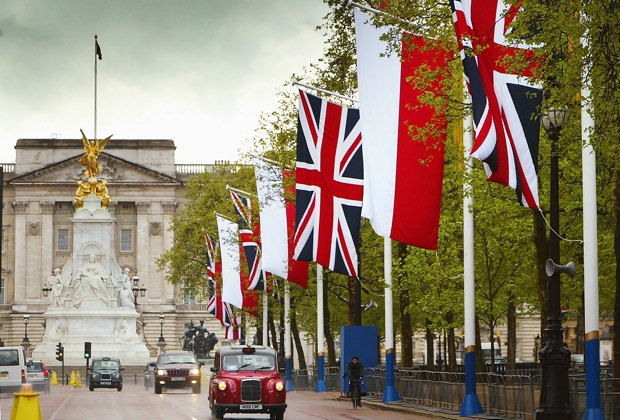Britain’s Poles appear to be struggling with a sort of Brexit-induced identity crisis. Earlier this month, BBC News showed Poles in Leeds expressing support for Brexit. I’m sure many people would have found this confusing. Aren’t a lot of these Poles in Britain thanks to an EU work permit and therefore benefitting directly from Britain’s EU membership?
Witold Sobkow, Britain’s Polish Ambassador, says Britain’s exit would be problematic for Polish people living in Britain. ‘EU labour rights of 800,000 Poles in the UK would become void if the UK left the EU,’ he says. Their future in Britain would be in the balance. So why are they in favour of Brexit?
It seems Brexit is as appealing to many of Britain’s Poles as it is to Britain’s Brits, and not just in Leeds. They just can’t deny a life outside the EU might suit Britain better.
The most uncompromising of Brexit-backing Poles are those who came to Britain when Poland was still a communist country. Barbara Taylor, a solicitor who has been in London since 1976, is all-out backing Brexit. She accepts that some Poles might have to go home if Britain left the EU, but her mind is made up.
‘The EU reminds me of a totalitarian state, like Poland was when I left,’ she says. ‘Like the Soviet Union, the EU is pushing for complete conformity and unity which I find uncomfortable. Brussels is propagating a destruction of national pride.’
Taylor wants Britain to have its sovereignty back. Whereas in Poland rules and regulations imposed by the communist government stifled personal freedom and economic development, Britain was completely free. Now though, she feels Britain has become restricted by over-regulation from Brussels and association with an anti-competitive Eurozone. It would become stronger with more freedom, less regulation and lower taxes.
And as a lawyer, she feels the loss of sovereignty particularly in relation to the courts which are fast losing credibility as a result of pressure from Brussels. ‘English courts and English judges have become spineless,’ she says, giving the Abu Hamza case as an example. ‘They are terrified of making decisions in contravention to EU law.’
George Byczynski, 26, a lawyer who coordinates an organisation called ‘British Poles’, which has over 22,000 followers on Facebook, is still undecided about Brexit, but says the question of national sovereignty resonates strongly with Poles of all generations: ‘I feel it has been very healthy for the EU to be confronted by Britain on its future and the issues of red tape and bureaucracy, [and] the fading sovereignty of national parliaments.’
Paradoxically, the Polish government and Poles living in Poland want Britain to stay for the same reason Poles living in Britain want Britain to leave. Poland also finds the EU suffocating and supports the move to draw powers from Brussels and hand them back to the EU’s national governments. But Poland likes having Britain in the EU, because Britain is the country that is leading the fight for EU reform in these areas. They need Britain to initiate and fight the battles.
‘Cameron’s proposals prove that an alternative exists, that changes can be made to the EU institutions,’ says Professor Arkady Rzegocki, a political science professor at Krakow’s Jagiellonian University and head of the university’s Polish Research Centre in London. Rzegocki echoes Poland’s government, which counts the UK as a more liberal ally at the negotiating table, a fellow opponent of the ‘ever closer union’ being pushed by France and Germany.
Referring to the latest EU Summit in February, where EU leaders agreed the terms of Britain’s renegotiation, Ambassador Sobkow says Poland now depends on the UK’s continued membership: ‘The solutions adopted in the area of economic management, competitiveness and sovereignty are beneficial from the point of view of Polish. In our opinion, they improve the functioning of the European Union, making it more flexible and competitive.’ Furthermore, Sobkow points out that the package of reforms will come into force only if Britain votes to remain in the EU. If Britain leaves, it will be void.
Barbara Taylor concedes that Poland might want Britain to stay but her allegiance lies with Britain. ‘Although I am Polish, I am also British now – my children are British too – and I can see that the EU is dragging Britain down.’






Comments